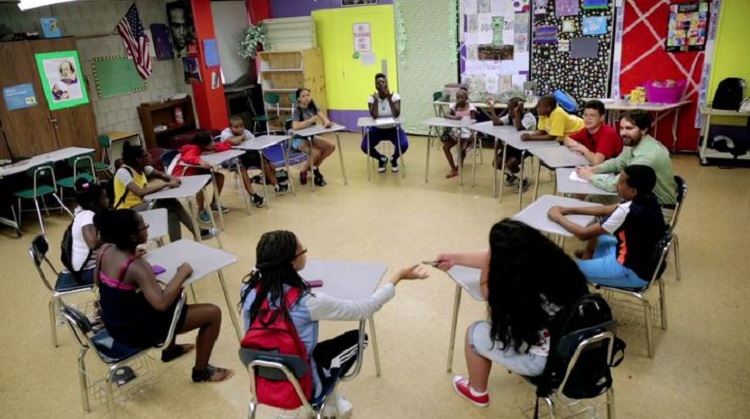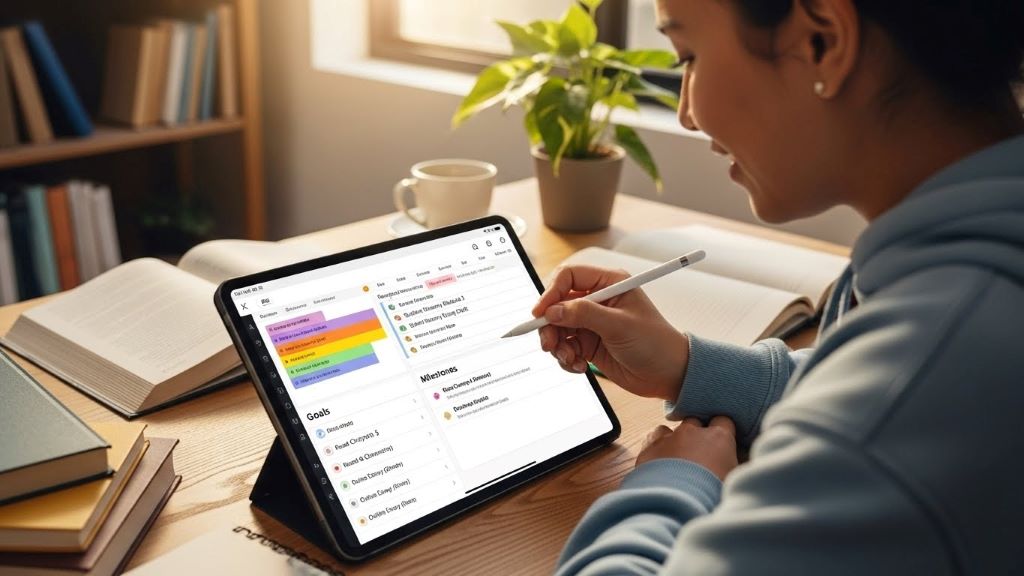Know what is a transformational teacher and how you can become a teacher capable of creating positive changes in your students.
Good teaching is not only about the transmission of content and skills, but the important thing is that students become independent, have their own thoughts and are able to do their job. In order to achieve these objectives, we offer you a series of recommendations to become a transformational teacher that will help you to improve your teaching techniques and achieve a better performance by your students. Pay attention!
What is Transformational Teacher?
The teacher defined as the process of influencing, guiding and directing the members of a group, who follow the leader voluntarily to achieve the objectives. The transformational teacher is that teacher capable of creating positive change in the followers, students in this case. In this type of mandate, the teacher increases the motivation, morale, and performance of the student group.

How can one become a transformational teacher?
Here are 6 tips to be able to develop transformational teacher and to be or remain a transformation teacher:
- Sharing best practices
- Find a trusted mentor
- Observe other classes
- Change things
- Model the utility of what you teach
- Caring for students beyond what is taught
Let’s discuss.
Sharing best practices

While experience is important, to share best teaching practices no matter how long or how many years you have been in the classroom. It is only necessary that the teacher engages in continuous professional development in order to become a master of transformation. If something works in your classes, do not hesitate to share your experience and the methods that gave you the most results. In addition, the simple fact of sharing will help you establish a smooth collaborative relationship with other teachers that will enrich the work of both parties.
Find a trusted mentor

In this case, the important thing is to find a person of trust and not so much the amount of experience that she has. As a teacher, it will always be good to ask for advice or talk with colleagues about best teaching practices. This will be very useful to know yourself, to perfect yourself and to know other perspectives.
Observe other classes

It will be beneficial to engage with the profession and watch other teachers give class. In this way, one can analyze the different techniques that each teacher uses to create a relaxed and effective learning environment and then try to incorporate them into their classes.
Change things

Continuing with the previous point, it will also be good to observe other teachers see what they change. Especially if you feel that you are too comfortable in a routine. While it is easier to always teach based on the same books and content each year, it is also boring and can lead to attrition as a teacher. It is advisable to be constantly renewing and making changes according to what is being dictated in other classes, for example, to keep pace with learning.
Model the utility of what you teach

It is favorable that the teacher always looks for new ways of modeling the usefulness of what he teaches, since, increasingly, students want to know how they can apply what they learn in the classroom in the real world. With the great technological advances that have been made and the easy access that the students have to Google, it seems less important to evaluate how much the students know and more important to convey the sense and the benefit that it has to have available all that information.
Caring for students beyond what is taught

One way to motivate students will be to show them that one, as a teacher, cares for them beyond the classroom. It will be positive, for example, to accompany them to the group rides, to go to see the sporting events, to attend the works and other activities realized by the students. The great transformational teacher knows that his/her role goes beyond any subject given in class.
The Transformational teacher is he/she who manage to have a positive and lasting impact on students, even years after graduation, having a significant role far beyond the topics taught in the classroom.





